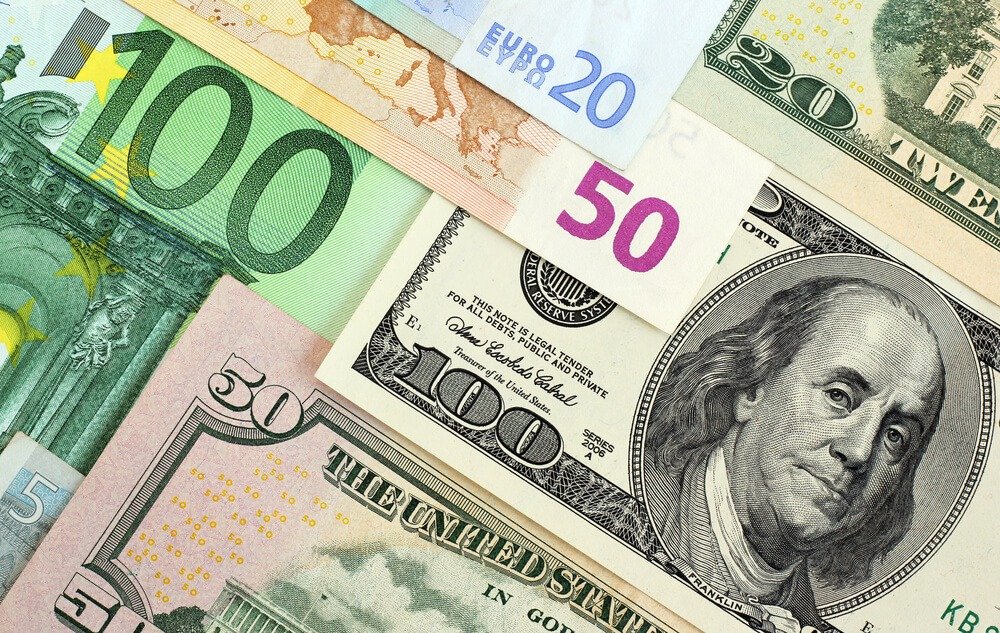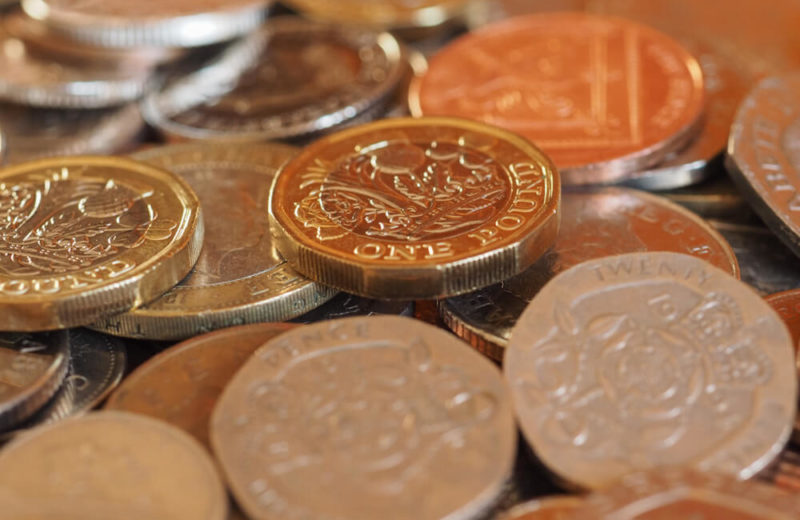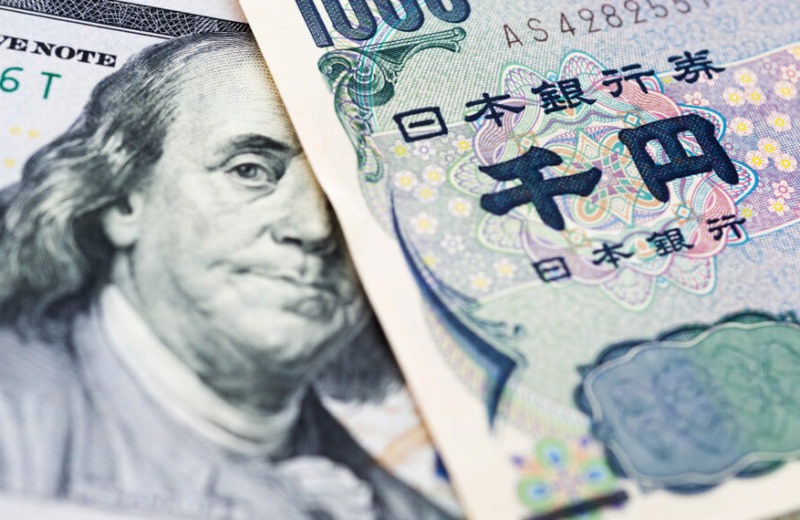On Tuesday, senior African ministers were told by the government’s top diplomat that Chinese development projects in Africa must be sustainable. It was after the accusation of China creating debt traps and “outside forces” who seek to criticize the cooperation.
The size of funds offered to African nations at a China-Africa summit on cooperation in September were equivalent to the previous summit in Johannesburg in 2015. Estimated $60 billion were guaranteed by the Chinese President Xi Jinping.
Last September, Chinese President Xi Jinping said that by the end of the year, government debt from Chinese interest-free loans that are due will be written off for the poorest African nations after Beijing has denied engaging in “debt trap diplomacy”.
Ministers from different countries were told by the Chinese State Councilor Wang Yi that it would never impose its will on others and in Africa, and that it does not pursue selfish geopolitical gains.
The traditional powers had made China’s approach to cooperation with Africa different.
Wang stated, “For some time, however, some outside forces have tried to vilify and undermine China-Africa cooperation by cooking up accusations of so-called neo-colonialism and debt traps, which are totally groundless and are not accepted by African people,”
He also said, “Such attempts expose a total lack of respect for Africa, lack of understanding about China, absence of knowledge about the true friendship between China and Africa that has stood the test of time. Joint projects must be sustainable.”
Support for Africa’s debt crisis

In addition, “We need to take forward project cooperation in such a way as to ensure real economic and social benefits and respect market principles,” Wang said.
On Sunday, the United States’ top Africa diplomat warned African countries about running up debt they won’t be able to pay back, including to China. It is because they wouldn’t be expecting to be bailed out by Western-sponsored debt relief.
To help the world’s poorest countries clear billions of dollars of unsustainable debt, The International Monetary Fund and World Bank started the Heavily Indebted Poor Countries Initiative in 1996.
According to a report released a year ago, Africa is facing another potential debt crisis. The region has around 40 percent of low-income countries now in debt distress or at high risk of it.
Africa should be respected by the world, Wang stated.
He also said, “The African continent is the independent homeland for the 1.4 billion people of Africa, not a sphere of influence for any major country.”
Hopes for the future
A deputy principal in Africa said, “We are trying to create new funding options for innovation on the continent, which is crucial.”
Also adding, “Clearly, governments need to realize that part of their funding the economy should be through domestic resource mobilization, of which the bond markets can be a very strong play.”
The ultimate goal of the African country is to develop markets because there is a huge potential that these markets can actually achieve betterment for their economies and their population. There is a lot of searching at what sort of instrument they should be considering in trying to raise money for infrastructure, trade, and investment.
















